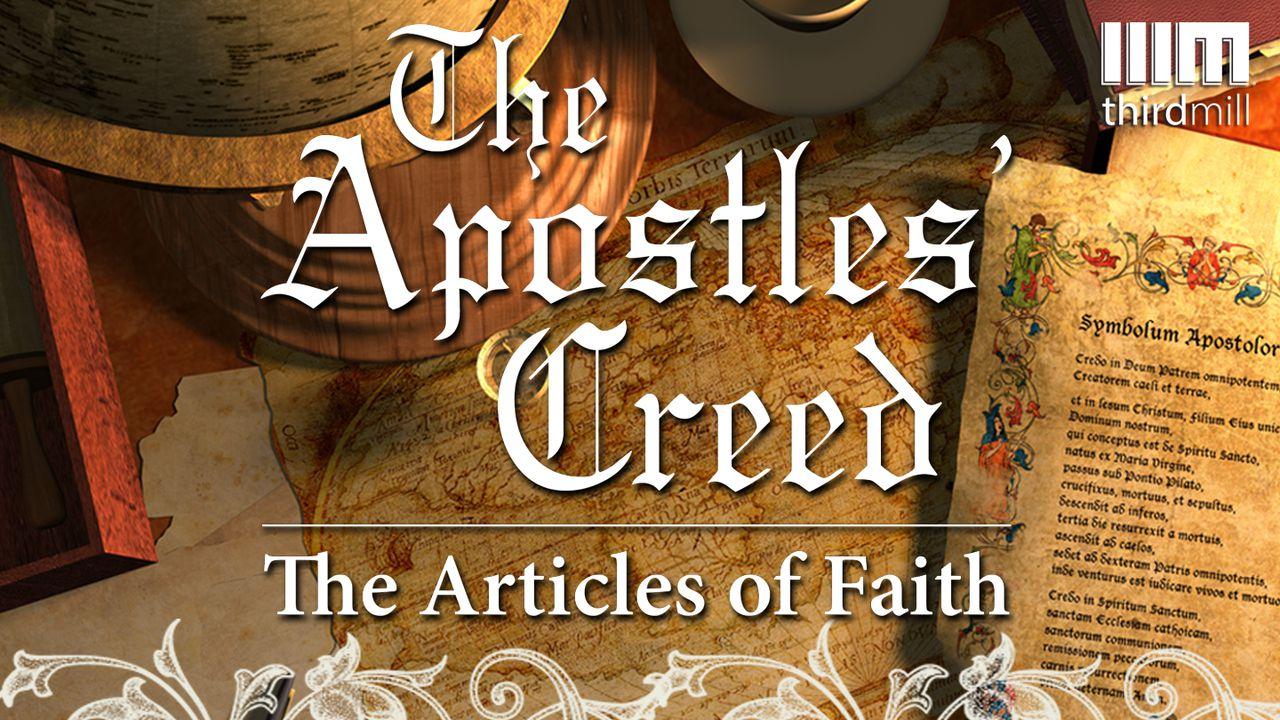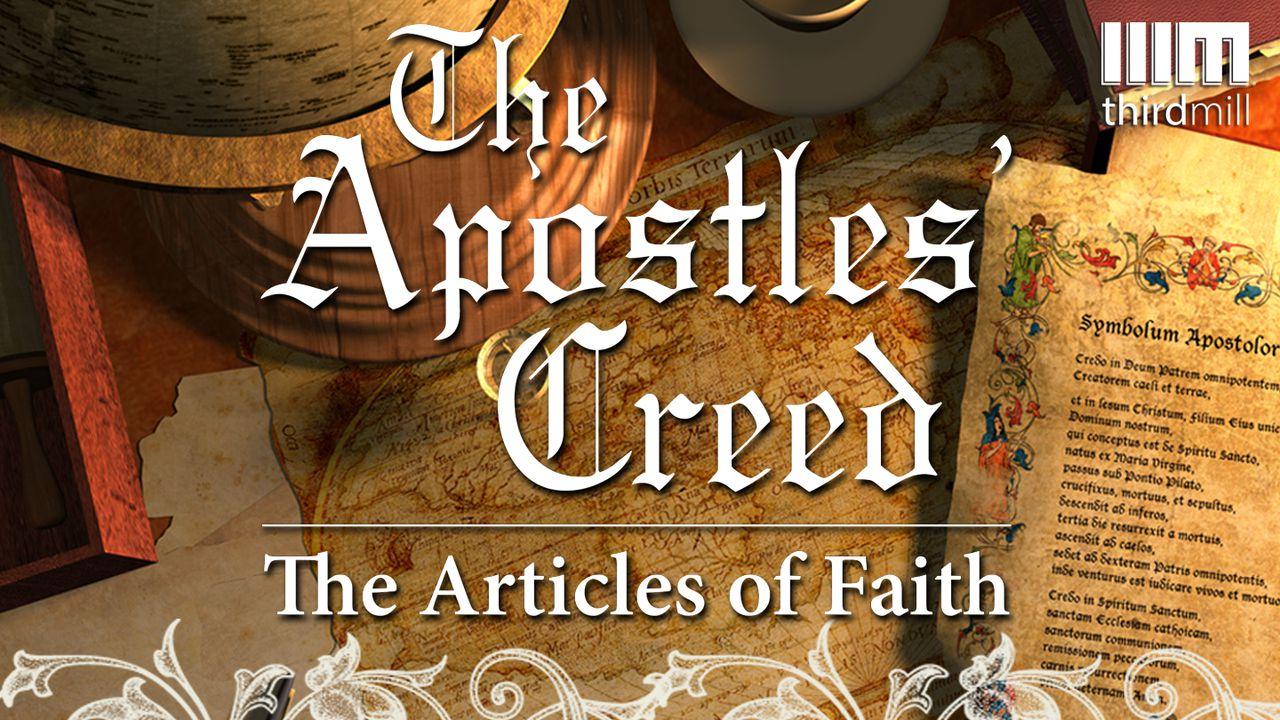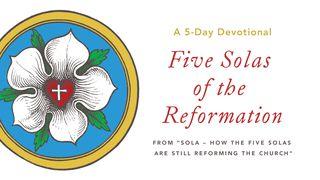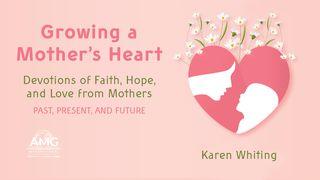Plan info
The Apostles’ Creed: The Articles of FaithSample

Unifying the Church: Ephesians 4:11-13
Because the beliefs summarized in the Apostles’ Creed are so foundational and universal, they exert a unifying influence among believers. This is particularly valuable today because there is so much division in the modern church.
Maybe you have met sincere Christians who resist learning theology because they are convinced that doctrine only divides Christians against each other. They spread this resistance to formal theology with slogans like: “Jesus unites us, but doctrine divides us.” And there is a measure of truth in this position. Christians throughout the ages have separated from each other, condemned each other, persecuted each other and even waged wars over doctrinal matters. Even so, the New Testament still encourages the church to strive for doctrinal unity. For instance, in Ephesians 4:11-13, we read these words:
[Jesus] gave some to be apostles, some to be prophets, some to be evangelists, and some to be pastors and teachers ... so that the body of Christ may be built up until we all reach unity in the faith and in the knowledge of the Son of God and become mature, attaining to the whole measure of the fullness of Christ (Ephesians 4:11-13).
In this passage, Paul referred to the church as the body of Christ. And he indicated that the church cannot reach maturity in Christ until we are united in faith and in knowledge. For this reason, doctrinal unity should be the goal of every Christian.
Of course, many other aspects of our Christian life should influence our study of doctrine. We need to do things like love God and our neighbors, pursue holiness, rely on the power of the Holy Spirit, and meditate on God and his word. When we simply focus on doctrine and ignore other concerns, we often go badly astray. As the apostle Paul warned in 1 Corinthians 13:2:
If I ... can fathom all mysteries and all knowledge ... but have not love, I am nothing (1 Corinthians 13:2).
As this verse and many others indicate, gaining theological knowledge is important, but it is not the greatest good of Christian faith.
One of the most effective ways to avoid the destructive consequences of theological controversy is to delight in the doctrinal unity we share with all followers of Christ around the world. When we balance our concern for the details of theology with a proper concern for unity, doctrine can actually unite us rather than divide us.
Scripture
About this Plan

This reading plan looks at the Apostles' Creed as a summary of the articles or doctrines that must be affirmed by all those who would call themselves "Christian." It speaks of the history of the Creed, provides an overvi...
More
Related plans

The Apostles' Creed: The Holy Spirit

Sola - A 5-Day Devotional through Five Solas of the Reformation

The Promises of God: A 7-Day Devotional

God’s Miracles From Small Actions: A 4-Part Devotion

Growing a Mother's Heart

UNSUNG HERO Bible Reading Plan

Lament, Finding a Path for Your Grief

Know What You Believe: A 5-Day Devotional for Unwavering Faith

Loving Disagreement: A 10-Day Bible Reading Plan by Kathy Khang and Matt Mikalatos
